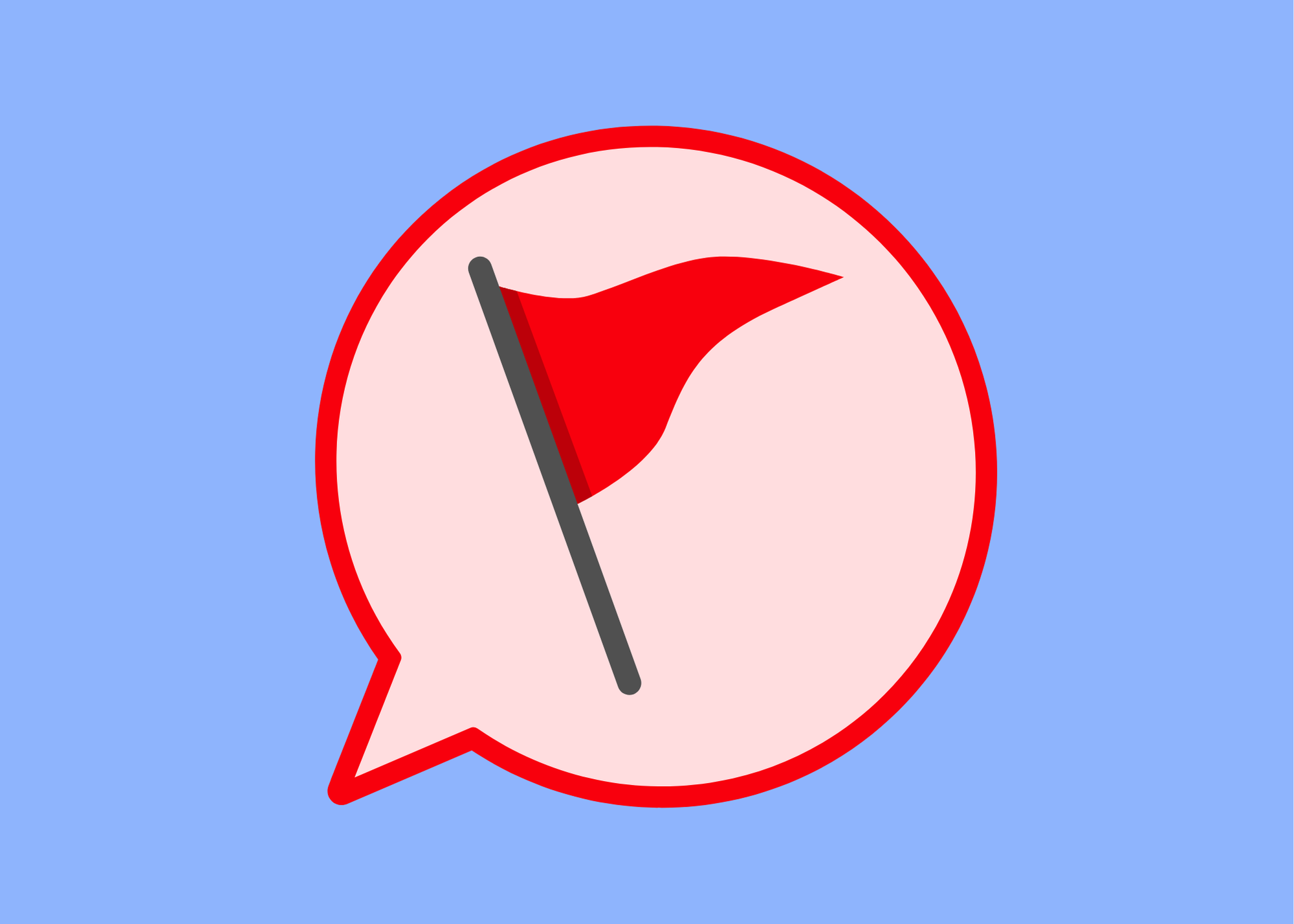How Well Do You Know Your Emotions? Emotional Intelligence (EQ)
When was the last time you paused to reflect on your emotions?
Let’s be honest. Most high achievers like you pride yourselves on being self-aware. But when was the last time you stopped mid-meeting, post-email meltdown, or in the middle of a tough feedback session and thought, “What am I actually feeling right now—and why?”
No, "stressed" and "fine" don’t count.
Emotional Intelligence (EQ) is the not-so-secret superpower of high-performing professionals. It's not fluff. It's not a buzzword. It's a serious predictor of success in leadership, team dynamics, decision-making, and burnout recovery. And yet, for all our accolades and hustle, many of us are emotionally undertrained. We confuse being high-functioning with being emotionally intelligent. Spoiler: They’re not the same.
In this article, we’ll unpack what it really means to understand your emotions, why EQ is a non-negotiable skill if you’re operating in a high-stakes, high-stress world, and how to spot your blind spots. You’ll also walk away with a research-informed assessment that helps you score your EQ and start building the kind of emotional mastery that actually moves the needle.
Why Emotional Intelligence is the Hidden Driver of Performance
Let’s break down EQ into what it actually is: the ability to recognize, understand, and manage your own emotions—and also recognize, understand, and influence the emotions of others. That’s it. Simple in theory, brutal in practice.
If you’re constantly navigating tight deadlines, managing people, making high-impact decisions, or trying to not completely combust after your 9th Zoom meeting, your emotional intelligence is already in play—you just might not be aware of how effective (or ineffective) it is.
Here’s what the research tells us:
Leaders with high EQ outperform their peers. A TalentSmart study of over 1 million people found that 90% of top performers score high in emotional intelligence.
EQ predicts mental health. A 2020 meta-analysis found that emotional intelligence is negatively associated with stress, anxiety, and depression—all things professionals are dealing with more than ever.
EQ drives collaboration. Teams led by emotionally intelligent managers report higher trust, less turnover, and better psychological safety.
Translation? It’s not enough to know your job. If you don’t know yourself, you're leaving influence, energy, and leadership capacity on the table.
The Emotional Blind Spot: You Can’t Grow What You Won’t Acknowledge
Here’s the kicker: Most professionals think they’re more emotionally self-aware than they actually are. That’s not opinion—it’s science. In a study by organizational psychologist Dr. Tasha Eurich, 95% of people believed they were self-aware, but only 10-15% actually met the criteria.
Why the massive gap? Because our egos are sneaky. And the higher up the ladder you go, the less feedback you tend to receive. Your team might see your micromanaging, passive-aggressive Slack messages, or emotional volatility. But unless someone calls it out (spoiler: they probably won’t), you’re flying blind.
What you think is you being assertive might feel like emotional steamrolling to someone else. What you think is calm might actually be you shutting down. EQ isn’t just about having feelings—it’s about noticing, naming, and managing them in real time.
And that requires practice, not just platitudes.
Emotions Are Data, Not Distractions
Let’s be clear: emotions are not the enemy of logic or professionalism. They're data points. If you feel annoyed every time a certain project lands on your desk, that’s useful. If your stomach drops during a 1:1 with your boss, that’s a clue. If you’re snapping at your partner after long workdays, that’s a system breakdown, not a personality flaw.
The problem isn’t the emotions—it’s our unwillingness to examine what they're trying to tell us. That unprocessed frustration? It turns into cynicism. That ignored anxiety? It manifests as micromanagement. Emotional intelligence is what lets us intercept those patterns before they become self-sabotage.
So What Does High EQ Actually Look Like?
Let’s ditch the buzzwords. Emotionally intelligent professionals tend to:
Pause before reacting (even when they're furious)
Name what they're feeling (beyond "stressed")
Take accountability instead of deflecting
Adjust their tone, body language, and messaging based on context
Ask for help and feedback without spiraling
Stay steady in high-stakes situations
Listen to understand—not to reply or dominate
Offer empathy without over-identifying
Does this describe you? Let’s find out.
Assess Your Emotional Competence
To better understand your current level of emotional intelligence, try this Emotional Competence Assessment. It’s designed to help you reflect on your emotions and gather feedback from an observer, such as a coach or trusted colleague.
Part 1: Self-Assessment
For each statement, rate how much you agree on a scale of 1 to 10:
(On a scale of 1-10, 1 being Never, not like me at all and 10 being Totally, completely true)
I’m aware of what I’m feeling.
I know what triggers strong emotions in me.
I know how my feelings affect my actions.
When I feel something strongly, I reflect on why that happened.
I know what my strengths and weaknesses are.
I take feedback openly, even if that feedback is hard to hear.
I try to have a sense of humor about myself and my performance.
I believe in myself and my ability to handle things.
I rarely act impulsively.
When I’m frustrated, stressed, or upset, I can calm myself down.
When I make a mistake, I admit it openly and look to do better in the future.
I can easily adapt to new or changing situations.
I look for ways to improve my performance or process.
I try to look on the bright side or stay hopeful, even during hard times or setbacks.
I try to listen to others and understand them.
If I’m part of a team or organization, I understand the group dynamics.
I try to lead by example, following my deeper values.
I try to help, serve, and/or have a positive impact on others.
I understand how my tone and body language affect others.
I’m aware of my own biases and try to challenge them.
I can identify when I’m projecting my feelings onto others.
I seek to resolve conflicts constructively rather than avoid them.
I recognize when I need help and ask for it.
I make an effort to express appreciation or gratitude regularly.
Part 2: Observer Assessment
Share your completed self-assessment with a trusted individual who knows you well. Ask them to complete the same questionnaire based on their observations of you. Compare their answers to yours. Look for patterns—do they see strengths or blind spots you weren’t aware of?
Scoring Key for Emotional Competence Assessment
This questionnaire is not a clinical diagnostic tool.
180–240: Exceptional emotional intelligence. You’re highly self-aware and adept at managing your emotions and relationships.
120–179: Strong emotional intelligence, but there may be specific areas to focus on for growth.
60–119: Developing emotional intelligence. You have some awareness, but there are significant opportunities for improvement.
Below 60: Limited emotional intelligence. Consider focusing on foundational skills like emotional awareness and regulation.
Where are the areas for development?
QUESTIONS COVER THE FOLLOWING DOMAINS.
Self-awareness
1. I’m aware of what I’m feeling.
2. I know what triggers strong emotions in me.
3. I know how my feelings affect my actions and/or performance.
4. When I feel something strongly, I reflect on why that happened.
Accurate self-assessment
5. I know honestly what my strengths and weaknesses are.
6. I take feedback openly, with a desire to do better, even if that feedback is hard to hear.
7. As much as I can, I try to have a sense of humor about myself and my performance.
Confidence
8. I believe in myself and my ability to handle things.
Self-regulation
9. I am careful and thoughtful in what I do; I rarely act impulsively.
10. I don’t take it out on others when I’m frustrated, stressed and/or upset.
Transparency
11. When I make a mistake, I admit it openly, and look to do better in future.
Adaptability
12. I can easily adapt to new or changing situations.
Achievement & initiative
13. I look for ways to improve my performance or process.
Optimism
14. I try to look on the bright side or stay hopeful, even during hard times or setbacks.
Empathy
15. I try to listen to others and understand where they’re coming from.
Group awareness
16. I understand the group dynamics of my team.
Inspirational leadership & influence
17. I try to lead by example, following my deeper values.
18. I try to help, serve, and/or have a positive impact on others.
Final Thoughts: Closing the Gap
Here’s the truth: You can’t control the economy, your boss’s moods, or your inbox from hell. But you can learn to regulate your nervous system, respond instead of react, and build emotional habits that make you stronger, not more brittle, under pressure.
Emotional intelligence is not a soft skill. It’s a power skill. And it’s one that will not only help you show up better at work but recover faster from stress and live with more clarity and intention.
Take the assessment. Ask for feedback. Get uncomfortable. That’s where the real work—and growth—starts.
Need Help? Want to lead with clarity and emotional intelligence?
Whether you’re building better feedback habits or creating a culture of psychological safety—your energy sets the tone.
💬 Book your free 20-minute strategy session and start showing up as the kind of leader people actually want to work with.
Article References
The sources cited in the article:
Psychology Today (PT). “Emotional Intelligence.” PT - Emotional Intelligence
PsychCentral. “Emotional Intelligence (EQ): Components and Tips.” PsychCentral - Emotional Intelligence
The NYTimes (NYT). “How Emotionally Intelligent Are You?” NYT - How Emotionally Intelligent Are You?
Mindtools. “How Emotionally Intelligent are You?” Mindtools - How Emotionally Intelligent are You?
Wellable. "Emotional Intelligence in the Workplace.” Wellable - Emotional Intelligence in the Workplace
HelpGuide. "Improving Emotional Intelligence (EQ).” HelpGuide - Improving Emotional Intelligence (EQ)






